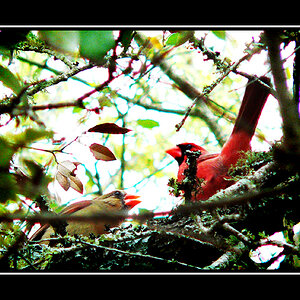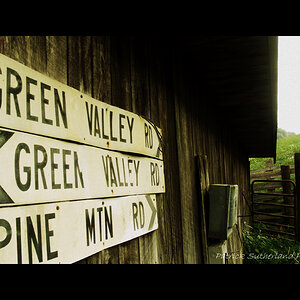icassell
No longer a newbie, moving up!
- Joined
- Jun 7, 2008
- Messages
- 9,899
- Reaction score
- 15
- Location
- Arizona
- Can others edit my Photos
- Photos NOT OK to edit
As much as I love my f2.8 lenses, they are usually bigger and heavier and far more obvious than the same focal length lens but f4. I often use my nifty fifty now rather than my 17-50 f2.8 if I want to be a bit discrete. I have been in situations (recently at a rodeo) where I was sent back to my car with my camera and told "we don't allow big professional cameras". I might have made it in with a smaller lens. I didn't need lens speed for that daylight outdoor event.



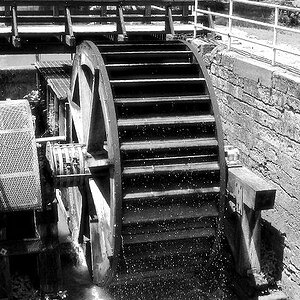
![[No title]](/data/xfmg/thumbnail/32/32639-1358bee897449f9a4a38676097b475d5.jpg?1619735555)

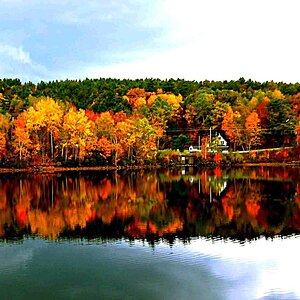

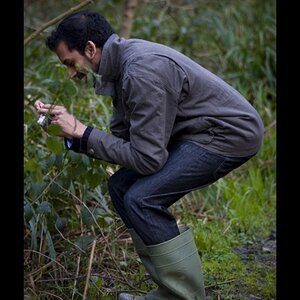

![[No title]](/data/xfmg/thumbnail/36/36650-edd8c21212fe9fbd7e59bfb08cdc91ea.jpg?1619737672)
